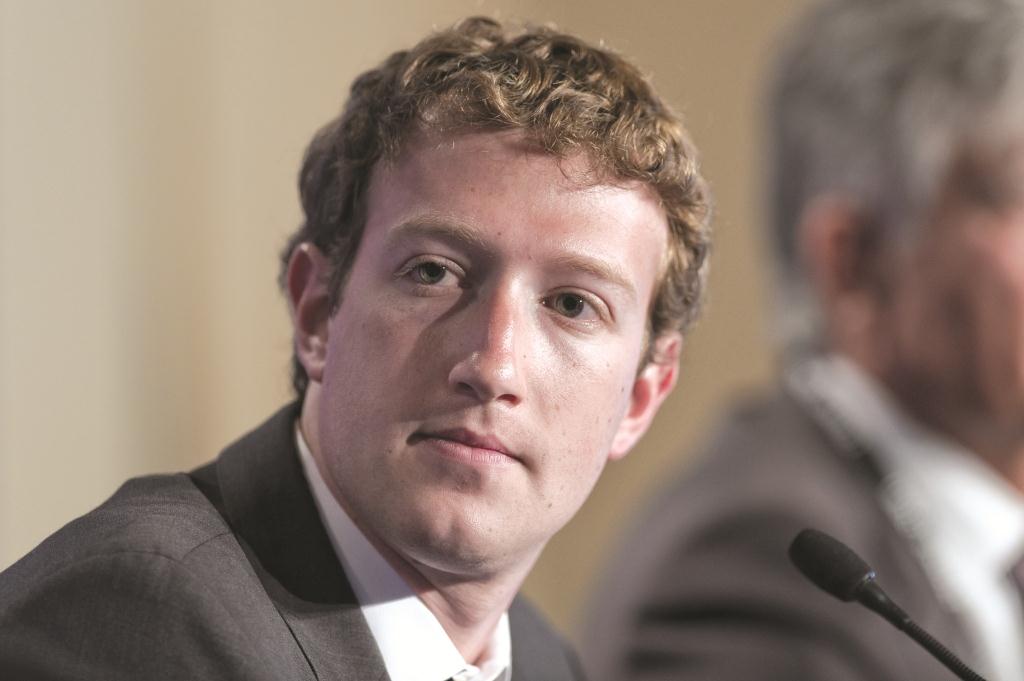At Murtala Muhammed International Airport in Lagos, Nigeria, a group of angry customers are frantically trying to get answers from an Arik Air official. The scheduled 13:30PM flight to Johannesburg was cancelled just after 11AM for operational reasons, leaving hundreds of passengers stranded. Unsatisfied with the airline’s explanations, Dayo Obagun, Managing Director of Ryman’s Stationery Stores, is on the move to find an alternative flight.
“This is the third time Arik has cancelled a flight and it is especially frustrating because I have an important business meeting in South Africa this evening. Last time, I lost my ticket without reimbursement, so I know the shouting will not change anything and due to the economic challenges, all the other airlines are not operating at full capacity,” he says.
Obagun is on his way to South Africa to find new markets for his stationery business, which has seen sales drop by 50% in the past eight months. Due to the recent economic problems, he splits his time between managing his Lagos-based operations and developing new opportunities in other countries.
“The only way we can survive is by partnering with new clients. I am meeting a Dutch manufacturing company based in Johannesburg who are looking to expand to West Africa. This deal could be the difference between us staying afloat or sacking 30 people.”

Figures from the National Bureau of Statistics (NBS) suggest that Nigeria has slipped into a recession. According to the NBS, gross domestic product (GDP) contracted by 2.06% in the second quarter of 2016. The country also took a significant hit from the fall in commodity prices when global crude prices slumped. The government’s strategy to curtail the decline in oil prices was to create a fixed currency rate which, according to the BBC, created a black market for the US dollar and squeezed the economy.
Rabih Patel is the head of reserve brands for a drinks manufacturer in Lagos. Survival is also the name of the game for his organization.
“This is the worst condition I have seen in the past eight years of being in Nigeria. We had to lay off 700 expatriates in our organization. We simply cannot afford to pay their wages anymore. My good friend is going back to India with his family because of the crisis. I suspect this may last for the next two years and what business is going to survive two years of this?” says Patel.
Interestingly, Patel has seen an increase in their more prestigious drinks brands, which is up 40% from last year.
“That only makes up about three percent of my overall sales so it doesn’t make that much of a difference. However, we have seen a decline in sales of our lager and other spirits and I had to slash my marketing budget by half since the beginning of this year.”
The statistics office confirmed that annual inflation also rose to 17.1% in July, from 16.5% in June, with food inflation increasing to 15.8%.
“The crash in global oil prices has devastated the economy which is dependent on the oil sector for about 70 percent of its sales revenue”, says Frederic Mann, Chief Economist at Genesis Consulting, a financial advisory firm in Abuja.
“We have always stated that the government’s decision to artificially keep the naira at the same level made the situation worse because it restricted the flow of foreign exchange in the system, which most companies need in order to import raw materials for manufacturing,” says Mann.
According to reports, about half a million jobs have been lost in Nigeria in the past six months. The Minister of Finance, Kemi Adeosun, confirmed that the government has spent more than N400 billion ($1.3 billion) in capital expenditure this year as part of a staggering N6.06 trillion ($30 billion) budget.
“The government needs to pull resources into non-oil assets to help move the country out of recession. The government plans to borrow $10 billion from debt markets, mostly from foreign sources, but how will that money be spent to stimulate growth in the economy?” says Mann.
At least technology entrepreneurs in Nigeria had something to cheer about after a surprise visit to the country by the founder of Facebook, Mark Zuckerberg.
At the end of August, Segun Idrisu, the Founder of I-farm, an app that connects buyers and sellers of agricultural products, had an unlikely visit from Zuckerberg while the billionaire was touring Africa.
“I don’t think words can describe the excitement when we realized what was actually happening. It is definitely a confidence boost for all the techpreneurs here and to have someone like [Zuckerberg] come all the way here, it shows that this is an industry worth paying attention to,” says Idrisu.
Zuckerberg’s visit to Nigeria, which is Facebook’s biggest market in Africa with 16 million visits every month, has renewed talk to increase investment in the technology and services sector.
Renaissance Capital told CNBC Africa that the services sector, which is worth 50% of Nigeria’s GDP, shrank by 1.3% year on year in the second quarter of 2016. The services sector and agriculture are most likely to rescue Nigeria, according to Mann.
For those like Idrisu, the tech scene provides a safe haven in the current economic climate. Zuckerberg’s visit to Lagos created some optimism for young entrepreneurs who are desperately trying to find new ways to make a living. The rest of the country’s Facebook status: sad.
